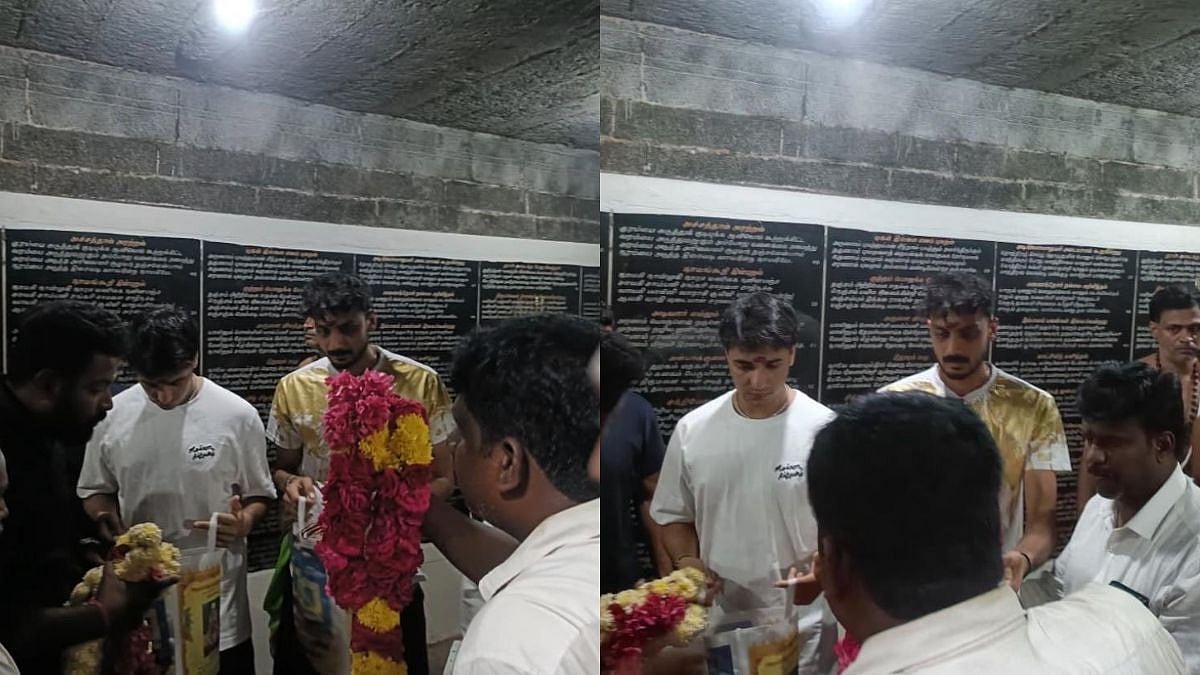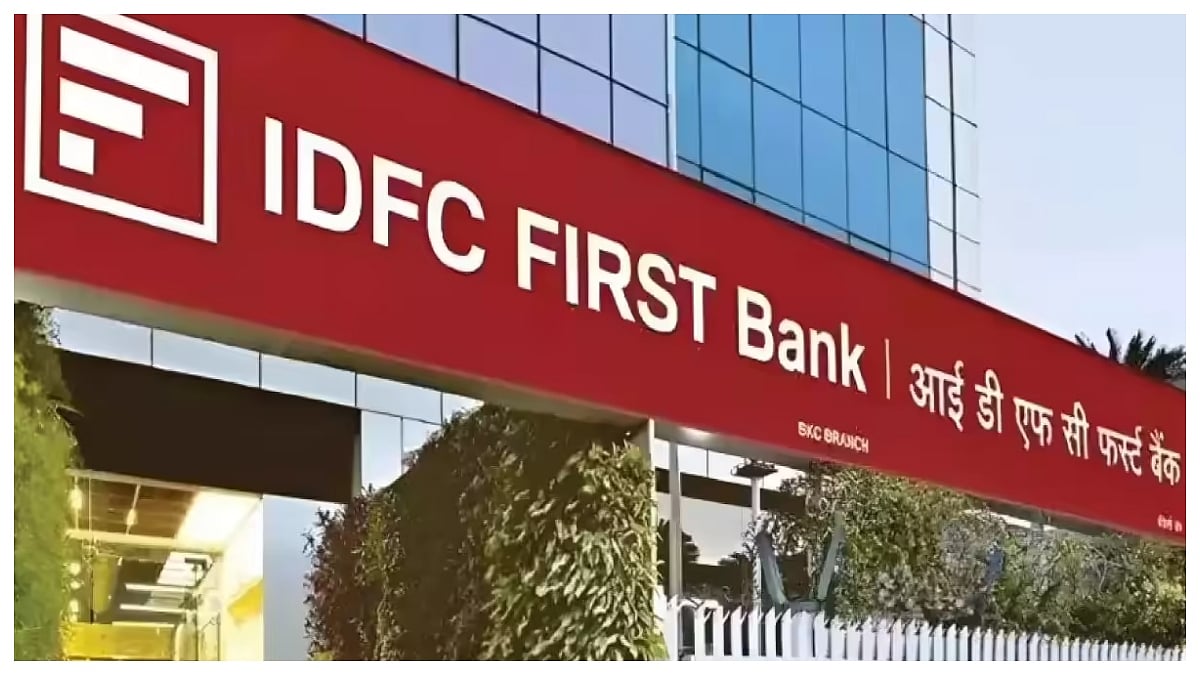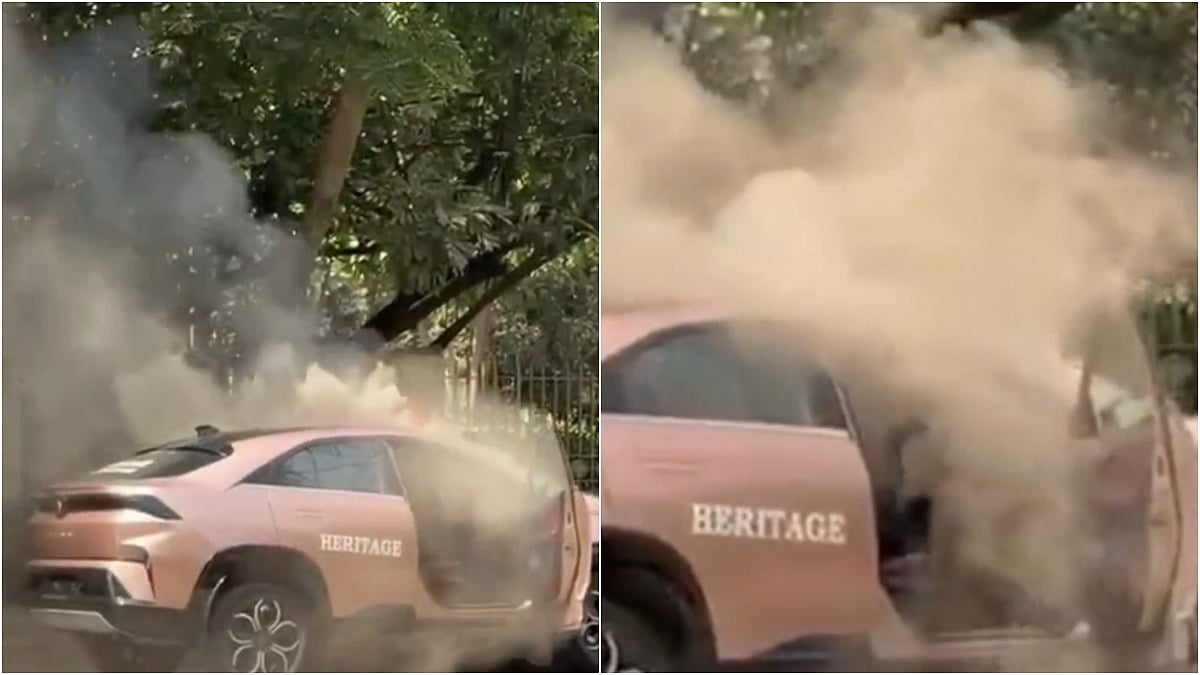Mumbai: The Maha Vikas Aghadi government, in its new ‘Policy and Action Plan for Gender Equality and Women Empowerment’ has proposed some path-breaking proposals reiterating the government’s resolve to create an enabling environment through economic and social policies for women, girls and individuals identifying as LGBTQIA+, mainstreaming gender equality and women empowerment perspective in development planning and implementation across all levels of governance and upholding civil and political rights of women and LGBTQIA+ persons.
Against the backdrop of global talk on climate change, global warming and sustainable development, the policy has proposed a slew of proposals, including fair and proportional representation of women and transgender persons in the constitution of environment impact assessment (EIA) and social impact assessment (SIA) teams for large infrastructure, industrial and development projects. Appropriate measures will be taken to enable equitable ownership control and use of natural resources and secure the asset base of marginalised poor women and transgender persons to counter poverty and climate shocks.
Women and Child Development Minister Yashomati Thakur told The Free Press Journal, “Our state was the first in the country to introduce women’s policy 30 years ago. So far, three such policies have been presented. In the new policy, which will be the fourth one, the department has considered new factors and challenges while emphasising its effective implementation, which will be done through a taskforce headed by the chief minister.”
The draft policy, which has been released by the department of women and child welfare, seeking feedback, has adopted a ‘leave no one behind’ approach in a bid to focus on social and economic development of women, girls and LGBTQIA+ persons from vulnerable categories and recognise the resultant intersectional gender needs.
The policy aims to facilitate a coordinated response for survivors of sexual and gender-based violence, including LGBTQIA+ persons, over the continuum of immediate protection, access to justice and long-term rehabilitation through an integrated support system that includes medical and psychological care, counselling services, legal aid, interpretation and translation services, 24/7 helplines, accommodation and financial support, with effective referral pathways between the various parts of the system.
The policy proposes robust safety standards and protocols will be mandated and hi-tech security systems will be installed for all modes of transport to ensure the safety and security of women, girls and LGBTQIA+ persons. Permits to private operators will be subject to gender-inclusive safety and security compliances. “To ensure the safety and security of girls, women and LGBTQIA+ persons using sanitation facilities, all such places will be well lit and equipped with hi-tech security systems to prevent and record any breach of safety,” it said.
Further, public-private-community partnerships will be explored where required, to promote women and transgender persons’ entrepreneurship and localised management in in urban and rural planning – covering transport systems, infrastructure and water, sanitation and hygiene.
As far as education and skilling is concerned, a comprehensive life-skills curriculum, covering sex education, consent, gender relations, diversity and inclusion, interpersonal relations and communication, leadership, 20 digital literacy and financial literacy will be integrated across all levels and modes of learning.
On employment and enterprise, the policy proposes encouraging women’s participation in telecommunications, information technology, infrastructure, start-ups and financial services. Skills and work incentives for women frontline workers, such as health and education, will be strengthened.




